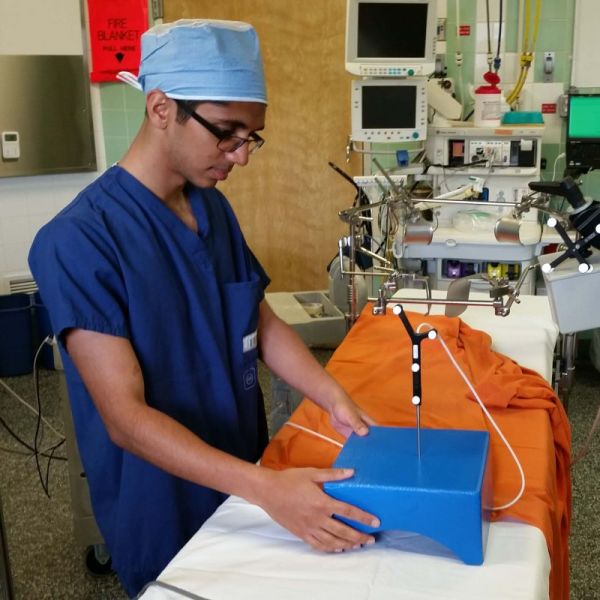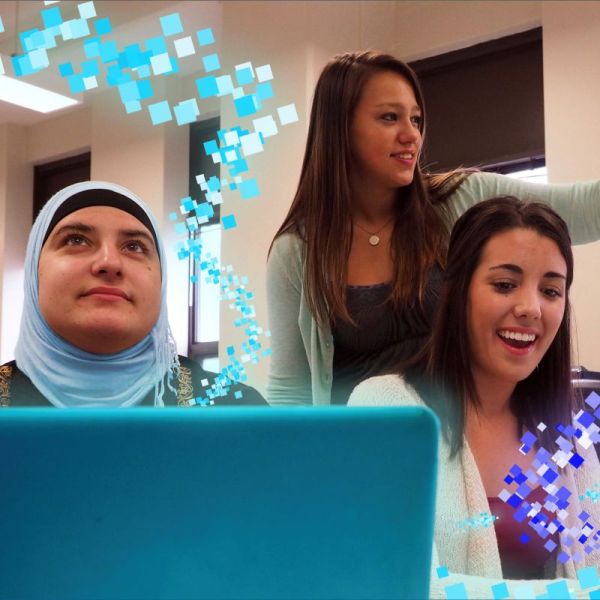Biomedical Computing

Biomedical Informatics

Transforming how health care is approached and delivered through big data is the goal of our two new professional programs: a graduate diploma and a master's in Biomedical Informatics.
Cognitive Science

Computing

Computer science is one of the most exciting and diverse subjects of study today, particularly at the Queen’s School of Computing. Whether you’re interested in software design, artificial intelligence, game development, or biomedical computation, we can offer you a vast range of courses to fit your interests – and that’s only scratching the surface.
Computing and the Creative Arts

This innovative program is aimed at students with interests and abilities in both Computing and the Fine Arts. You can participate in advanced courses in Art, Drama, Film, or Music while maintaining a solid concentration in Computer Science and Mathematics. Fill out your degree with electives in other Arts areas and interdisciplinary courses of all kinds. Graduates can expect to work in the entertainment industry, in art galleries and museums, in multimedia design and production, and in developing the next generation of software for the Arts.
Computing, Mathematics, and Analytics

Data Analytics

Data Analytics is a new way of understanding complex systems by building computational models that are consistent with the observed data about those systems. If you want to play a positive role in shaping the way people make important decisions based on the presentation of data, then this is the right certificate for you.
For more information about certificate eligibility and how to apply, visit our webpage.
MD/PhD & MD/Master's
The combined MD/PhD and MD/ Master’s Programs provide benefits to both scholarship and to the professional development of physician-scientists by allowing better integration of clinical and research training experiences, and also provide better opportunities for fostering translational research.
Our programs are in keeping with the strategic directions of both the Canadian Institutes of Health Research Strategic Plan and Government of Canada's Science and Technology Strategy, which emphasize the need for providing increased trans-sectorial and multidisciplinary training, building research excellence, translating knowledge into practical applications and deepening the pool of highly skilled individuals. Students in combined MD/graduate programs bring a distinctive, clinical/translational perspective into their laboratories, and conversely, these students also bring a basic science perspective to share with their fellow medical students. This is especially relevant in the context of the greater emphasis now being placed on team-based learning approaches as an important component of the Queen’s medical curriculum.
Software Design


